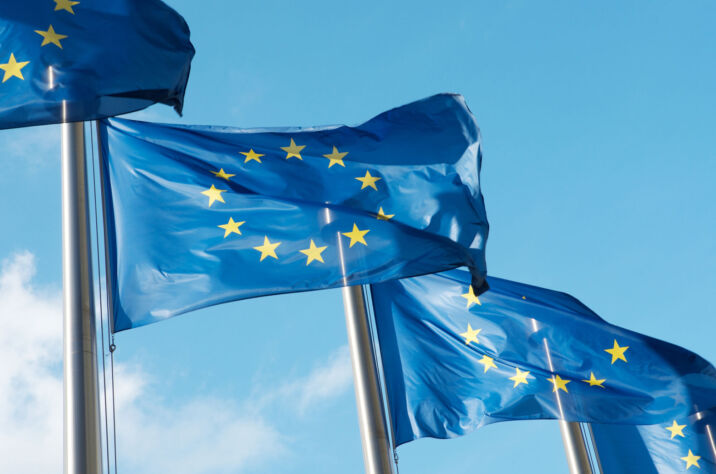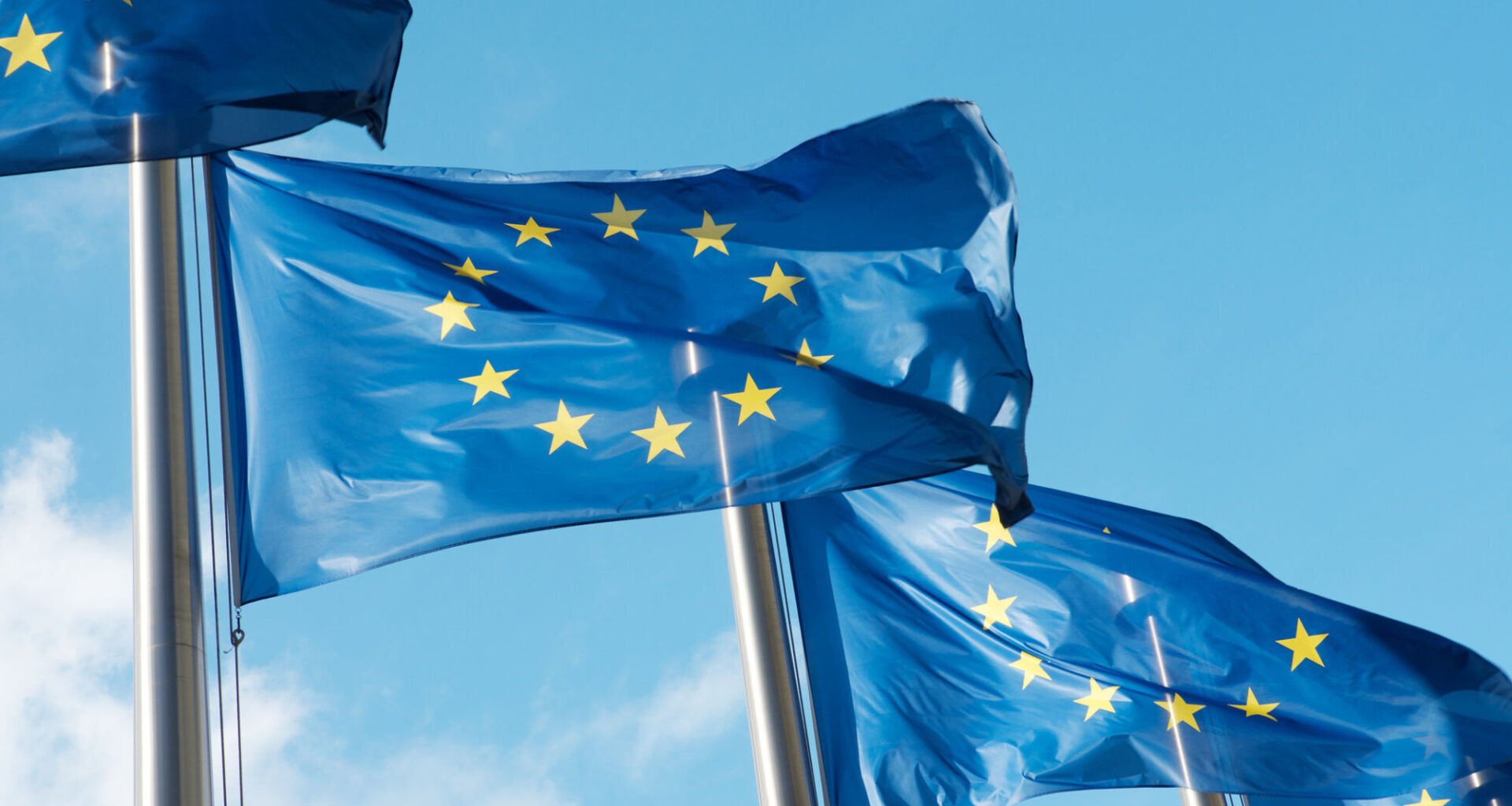
Regulatory requirements to develop climate transition plans could be removed from the EU’s due diligence rules following a “historic” vote in the European Parliament today.
Lawmakers voted to establish the Parliament’s position before it enters into trilogue negotiations with the Council of the EU and European Commission next week over the final form of the Corporate Sustainability Due Diligence Directive (CSDDD) and Corporate Sustainability Reporting Directive (CSRD).
Both the directives are being simplified as part of the sustainability Omnibus.
The vote saw the removal of all references to climate transition plans within the CSDDD legislative text, and a reduction of companies subject to due diligence rules to those with more than 5,000 employees and €1.5 billion net turnover.
The ballot recorded 382 votes in favour, 249 against and 13 abstentions.
The agreed text maintains the ability of individual jurisdictions to require companies which commit human rights offences to pay compensation for damages, but removes a clause setting the maximum threshold of fines at five percent of global turnover.
MEPs voted on more than 300 amendments after a consolidated earlier vote on the negotiating mandate failed last month. Parliament president Roberta Metsola quipped that the “machines are tired” after voting systems stalled during the lengthy ballot.
The result brings Parliament into alignment with the stated position of EU member states on the scope of CSDDD, but not on transition plans. The Council of the EU’s view is that transition plans should be aligned with CSRD requirements, and a clarification should be made for implementing actions to be outlined, as opposed to including an obligation to put these plans into effect.
The Council has also proposed postponing the requirement to adopt transition plans by two years.
Under the CSRD, companies which have voluntarily adopted climate targets and transition plans would be required to disclose these plans but there is no requirement for implementation.
Political shifts
The amendments to the Commission’s sustainability Omnibus proposal were presented by lead negotiator MEP Jörgen Warborn – from the European People’s Party (EPP), the largest group in Parliament.
Warborn’s plan gained majority support because of votes in favour by the far-right Patriots and Europe of Sovereign Nations parliamentary groups.
It is the first time that legislative deliberations will proceed based on a mandate which passed with the far-right support. It will also raise questions around the future of the so-called Von Der Leyen majority or “pro-European platform” – comprising the EPP, Socialists and Democrats (S&D), Renew and the Greens.
The informal cooperation between the four groups has been described as a cordon sanitaire or firewall preventing the centre-right EPP forming alliances with far-right parties, and dragging the political balance of the EU to the right.
EPP’s Warborn welcomed the results of the vote, calling for more Omnibus initiatives but played down talks of future collaboration with the far-right.
“I managed to convince other EPP members to accept climate transition plans but once that fell through in the previous vote, it changed the mood and so we had to find a new majority. This was not possible with other platform parties,” he told a press conference.
“I would like to collaborate a lot with the platform parties in the future but you have to find a majority somewhere. Today we are in a situation where we need to facilitate our businesses to do business, nothing more, nothing less.”
Warborn said that the cordon sanitaire was still intact as the amendments which had been supported by far-right parties were drafted by the EPP alone and without input from those parties.
In addition, he said the Parliament is committed to completing trilogue negotiations over the Omnibus packaged by the end of the year as had been originally planned.
Watering down
The Parliament’s finalised negotiating mandate rolls back requirements under the CSDDD even further beyond what had been demanded by the EPP just over two weeks ago.
A package agreed by the EPP in October would have kept climate transition plan requirements within the CSDDD, but a vote to commence trilogue negotiations on that basis failed to pass, souring relations between the EPP and other platform parties.
In addition to transition plans, the scope of CSDDD as well as the lack of a common civil liability regime were key sticking points that saw the October compromise package fall through.
A last-ditch effort by S&D, Renew and the Greens to table a new compromise text and to find common ground was “not credible”, he said. Warborn had declined to enter into joint negotiations with all three parties over the past few days.
Warborn suggested that implementing strict requirements would “scare off” companies, resulting in the loss of taxation revenue and “well-paying jobs”.
“I think we have a mindset issue here,” Warborn added. “If we are going to solve the climate issue and sustainability issues in general, we have to see the companies as our friends.”
The Greens shadow rapporteur Kira Marie Peter-Hansen told RI that it was “outrageous that the EPP slams the door on a pro-European solution, refusing for weeks to meet with the three democratic groups, and instead go into an alliance with the extreme right.”
The outcome of the vote has raised concerns among advocates for stricter environmental and social rules in the EU.
ShareAction interim head of EU policy Richard Gardiner said the development would allow the EU to “rip up” any sustainability legislation which companies disliked based on support from a newly-established right-wing parliamentary majority.
“What we are witnessing is not just a watering down of ambition but a public alliance of political forces fundamentally opposed to sustainability. It’s the perfect lever for deregulation.”
The concerns were echoed by HEC Law academic Alberto Alemanno, who said: “The vote will go down in history as the demise of the firewall that stopped far-right groups from governing the EU.”
Following the sustainability Omnibus, the Parliament is due to enter into deliberations over the EU’s anti-greenwashing fund reporting rules and a second Omnibus covering other environmental legislation.
